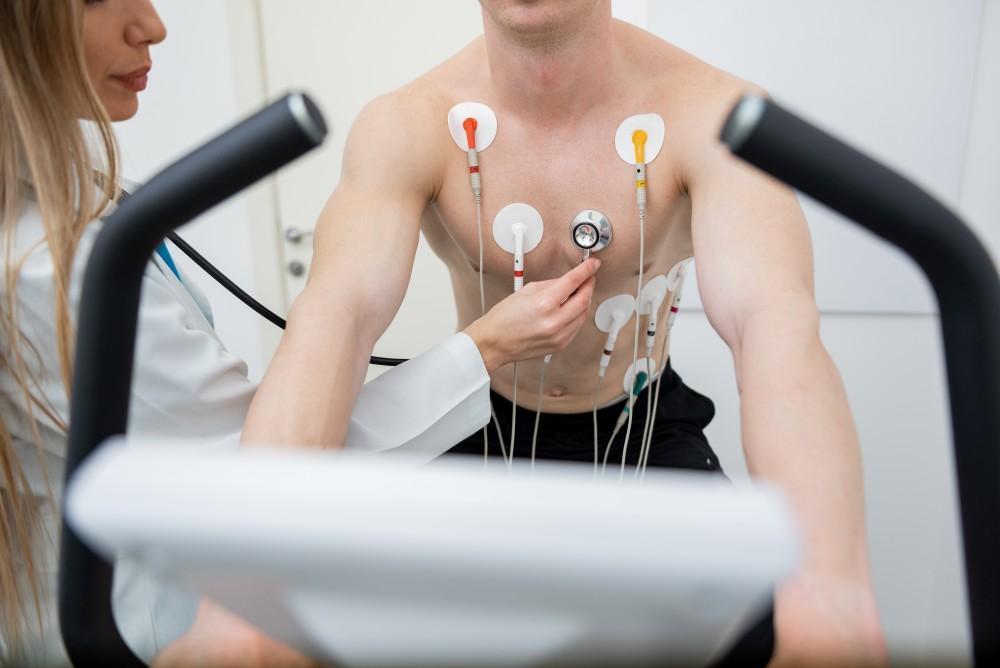
American Heart Month: What You Need to Know About Atrial Fibrillation
February is American Heart Month, and this month we’re putting the spotlight on atrial fibrillation, also known as AFib. Read on to learn about this condition, what causes it, and how it’s treated.
Feb 2nd, 2026









































































